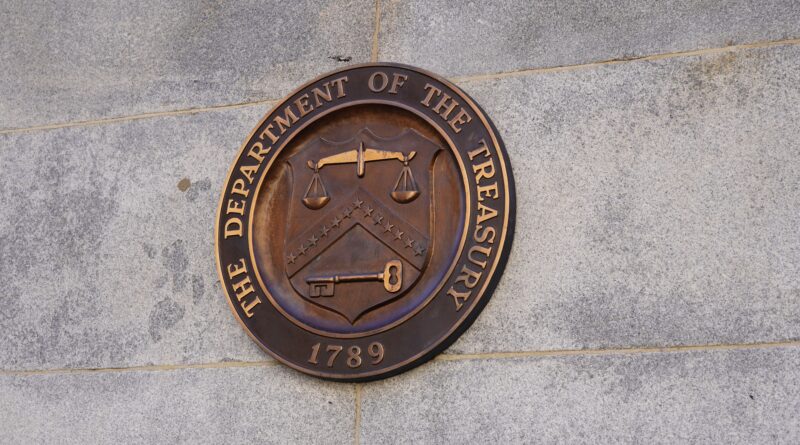FSOC’s Still Worried About Stablecoins
[ad_1]
The Financial Stability Oversight Council published its 2024 annual report Friday, addressing various risks and areas of concern within the U.S. and global financial system. As it has done for the past few years, the report highlighted the role of stablecoins and the digital asset sector more broadly — though it stopped short of suggesting FSOC would take any concrete steps toward curbing these concerns.
You’re reading State of Crypto, a CoinDesk newsletter looking at the intersection of cryptocurrency and government. Click here to sign up for future editions.
Table of Contents
The narrative
For yet another year in a row, the Financial Stability Oversight Council — a group composed of the U.S.’s financial agency heads — warned that unchecked stablecoin growth could be an issue for the U.S. and global financial systems in its annual report.
Why it matters
The Financial Stability Oversight Council is tasked with ensuring the U.S.’s financial stability, and has for years asked Congress to pass legislation addressing the crypto market. The 2024 report reiterates these concerns.
Breaking it down
For the last few years, FSOC has warned that stablecoins exist outside any sort of federal regulatory framework, and their collective size could pose risks to financial stability. Friday’s report once again noted that potential risk. At the same time it also urged Congress to pass legislation addressing stablecoins and market structure, much as FSOC’s previous reports have.
“Stablecoins continue to represent a potential risk to financial stability because they are acutely vulnerable to runs absent appropriate risk management standards,” the report said. “This run risk is amplified by issues related to both market concentration and market opacity.”
The report referred to Tether’s USDT composing some 70% of the total global stablecoin market as one issue regulators should watch.
The lack of any kind of federal regulatory framework is likewise an ongoing concern, the report said. Some states have frameworks for stablecoins, but this is insufficient for the concerns FSOC has.
“Although a few are subject to state-level supervision requiring regular reporting, many provide limited verifiable information about their holdings and reserve management practices,” the report said.
Though FSOC has warned for the past few years that it may have to take whatever actions it can should Congress not act, it’s unclear to what extent, if any, it may actually be able to do so. FSOC will be composed of new regulators within the coming months.
“Additionally, many crypto-asset market firms and issuers remain outside of, or in noncompliance with, the U.S. financial regulatory framework,” the report said. “As such, the crypto-asset spot market may continue to experience significant fraud and manipulation. The Council recommends that Congress pass legislation that provides federal financial regulators with explicit rulemaking authority over the spot market for crypto-assets that are not securities.”
“We have also been addressing emerging risks from significant technological changes,” Treasury Secretary Janet Yellen said in a prepared statement. “Digital assets and artificial intelligence bring potential benefits such as efficiencies, but also financial risks, cyber risks, and risks from third-party service providers. The Council continues to call for legislation to create a comprehensive federal prudential framework for stablecoin issuers and for legislation on crypto assets that addresses the risks we have identified.”

Wednesday
- 15:00 UTC (10:00 a.m. ET) The House Financial Services Committee held a hearing about technology and finance, serving as a sort of swan song for outgoing committee Chair Patrick McHenry (R-N.C.).
- (Bloomberg) Bloomberg has a list of stories its team wished they wrote, and really what it shows is there was a lot of good journalism this year.
- (The Verge) South Korean President Yoon Suk Yeol declared martial law earlier this week. That lasted for a few hours, after opposition party lawmakers literally scaled fences amid mass protests against the declaration to end the imposition.

If you’ve got thoughts or questions on what I should discuss next week or any other feedback you’d like to share, feel free to email me at [email protected] or find me on Bluesky @nikhileshde.bsky.social.
You can also join the group conversation on Telegram.
See ya’ll next week!
[ad_2]
Source link

